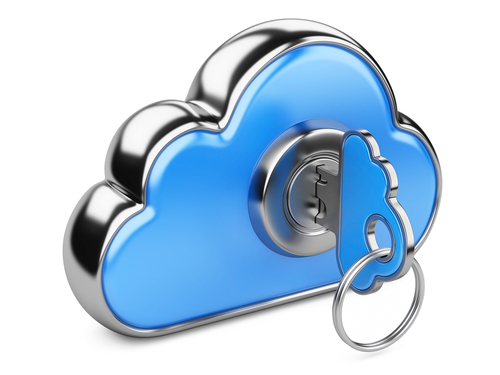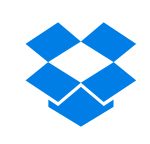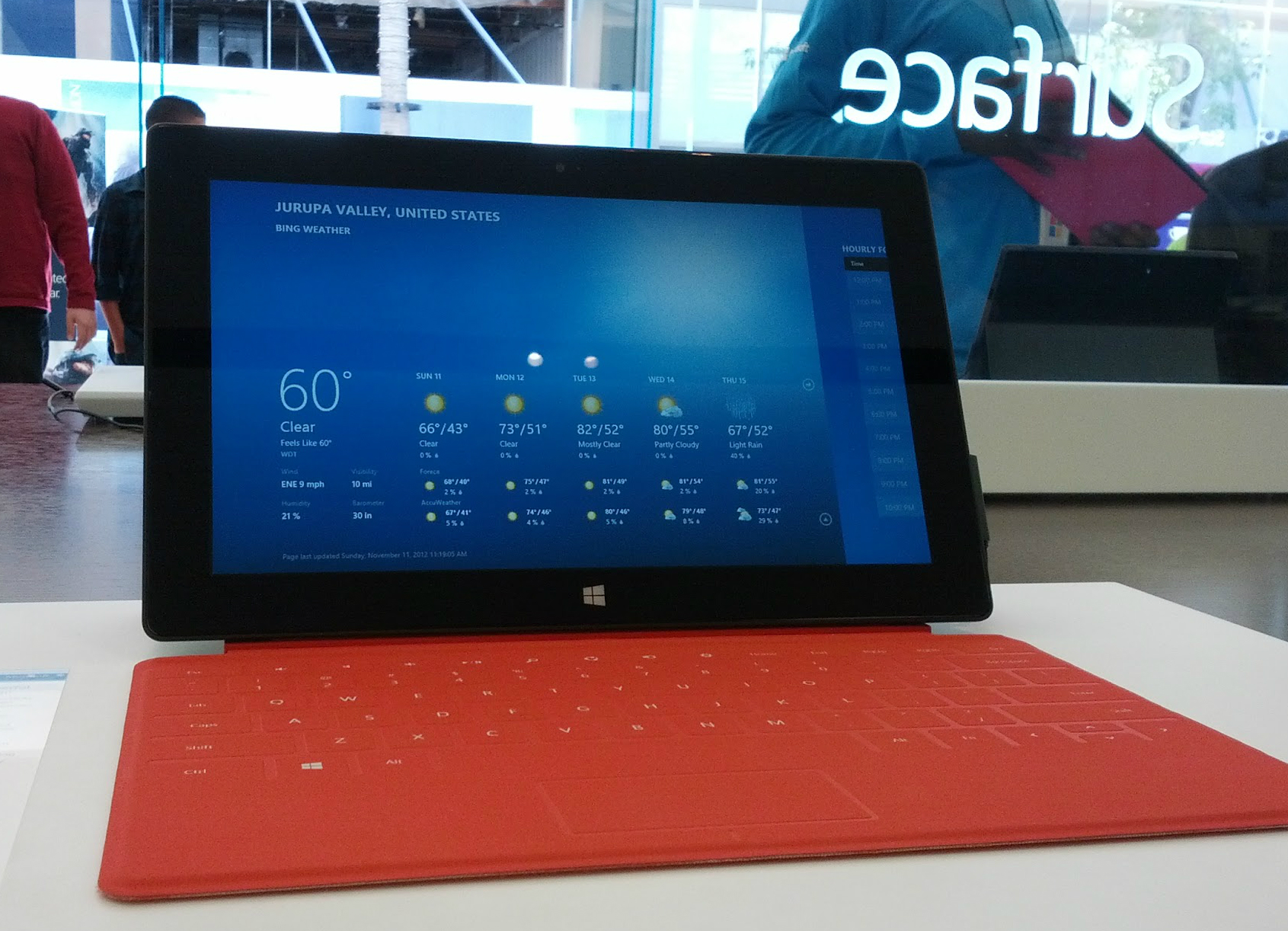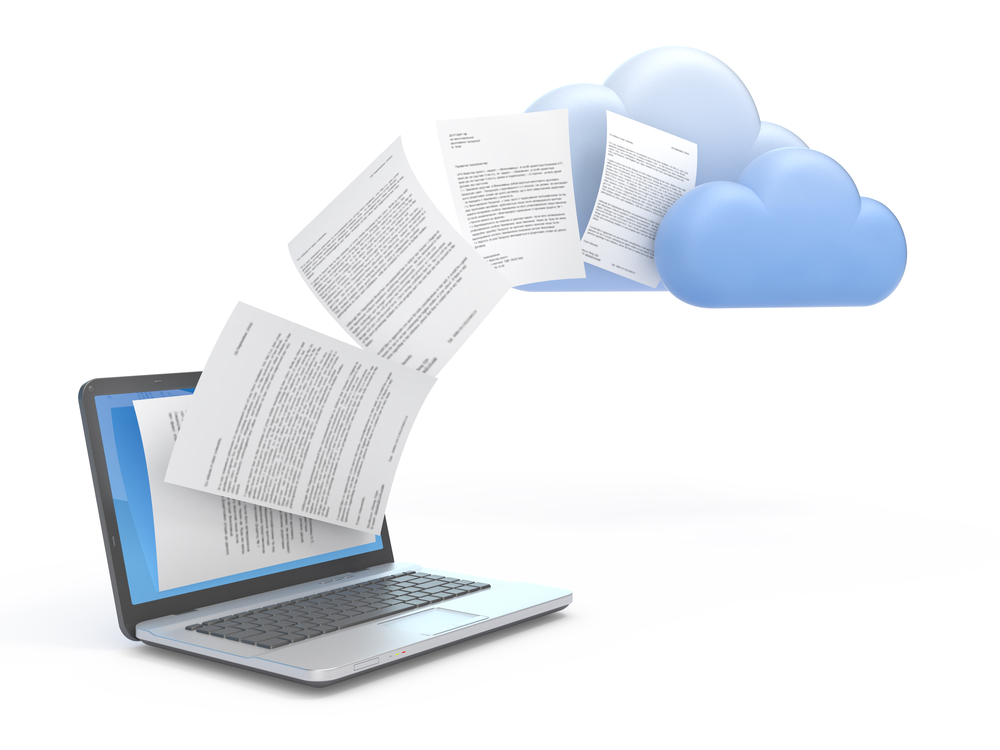
The challenges of securing Amazon Web Services
Amazon Web Services is the world's most popular infrastructure as a service (IaaS) platform and is built to suit enterprises of all sizes looking to reduce their computing costs by shifting to the cloud.
One of the key considerations in such a move is keeping data secure and AWS has various free and chargeable mechanisms to help with this. A new report from NSS Labs looks at the advantages of AWS as well as some of the challenges organizations face when moving to an (IaaS) environment.

Birst brings powerful analytics to SAP HANA
The SAP HANA in-memory analytic tool can be deployed in house or in the cloud, but to get information from it users have previously had to choose between aging legacy business intelligence (BI) tools that take months to implement and require large teams to support, or limited data discovery tools that are restricted to analysts.
Now though cloud BI specialist Birst is launching a new product to make data analysis more accessible.

Ramp up the resolution: Google and Bing can now use more detailed imagery on maps
If you have ever bemoaned the fact that maps are too blurry on Bing, too grainy on Google, moan no more! US restrictions on the quality of satellite imagery that can be used by online services such as these has been lifted by the US government.
The ban is to be removed after satellite photography firm DigitalGlobe made an appeal to the US Department of Commerce. Security concerns meant that satellite images were limited to a 50cm resolution, but this is to be boosted to 40cm and beyond.

Dropbox now speaks four new languages
Cloud storage service Dropbox has previously moved into other nations, attempting to globalize its platform in an effort to gain new users. Now the company is expanding a bit more, with the introduction of four new languages.
Both Dropbox and Carousel, which is the service's photo and video app for iOS and Android, are receiving this language update. Danish, Dutch, Swedish and Thai are all included in this new update.

Software innovations aim to improve web application performance
The move of apps and data to the cloud places greater demands on network infrastructure, and the risk of poor performance affecting the business can put organizations off making the switch.
Cloud delivery specialist Instart Logic has announced a new software product that aims to improve application delivery performance by up to 50 percent regardless of form factor. It does this via a mix of InstantLoad load cache optimization and SmartVision vision-based image analysis.

Privacy blow -- .UK websites must publicize registrant's name and address
It seems there are new privacy worries at every turn. The latest cause for concern relates to websites in the UK. Nominet, the internet registry services provider for .uk domains, has changed one of its policies, and the change means that individuals running websites may have to reveal their home addresses. There are obvious privacy and security concerns associated with this, particularly for websites run by individuals who wish to remain anonymous -- full names of domain registrants must also be displayed.
Nominet's policy on opting out of appearing on WHOIS searches is not immediately clear. Things start off in a fairly simple fashion. "Only domain name holders that are non-trading individuals can opt out of having their address details published on the WHOIS". Great; my website is just a blog. There's no need to advertise my home address for the world to see, you might think. But 'advertise' could be the key word here. If Nominet classifies you and your site as a business, it is a completely different story and your home address must be displayed.

Microsoft launches OWA for Android
Following the release of the Outlook Web App for iPhone, Microsoft has finally introduced OWA for Android on Google Play. The app, which is currently labeled as "pre-release", is compatible solely with small handsets, and requires Office 365 for business mailboxes.
As OWA for Android undergoes testing, Microsoft says that it collects feedback, squashes bugs and ensures that the app is ready for general availability. However, even as it is, the app allows users to do "everything" that its iPhone counterpart offers, with the only difference being the ability to update contact information directly from Android.

How the cloud is changing higher education
Cloud usage is changing more and more areas of our lives. You might expect the education sector to be at the forefront of this and a new infographic released by digital marketing specialists Pulp-PR shows how it's being affected.
A key finding is that four out of five students are expected to take some or all of their classes online by the end of this year.

Microsoft breaks the Surface tension
First in a series. My preference is to write about tech that I use -- an attitude shared among BetaNews reporters. We like to get hands-on and write with authority, from experience. That's one reason I write so little about Microsoft now, not being immersed in the company's products. Lately, mine is the Google lifestyle.
But yesterday I started using the original Surface -- the one frequently maligned by critics for so-called limitations associated with Windows RT. This is my first experience with the tab, although I reviewed and frankly loved Surface Pro. Out-of-the-box impressions are great. This is a hugely satisfying tablet, and surely the experience is better with its successor. I was right to ask 5 days ago: "Why not Surface 2?"

Hard drive failure responsible for two thirds of data loss
There may be a gradual move to storing more and more files in the cloud, but businesses and end users are still highly reliant on good old-fashioned hard drives. This technology, though convenient, does have its downsides; hard drives fail. A survey conducted by data recovery firm Kroll Ontrack found that nearly three quarters of those questioned (72 percent) had lost data from a drive in a laptop or desktop computer. A far lower percentage (15 percent) lost data from SSDs -- reflecting the fact that fewer SSDs are in use than mechanical drives -- while 13 percent attributed their most recent data loss to RAID or virtual services.
Not all of the data loss came as a result of hardware failure. Software and human error accounted for around 20 percent of data loss, but drive crashes and other hardware problems were responsible in two thirds of cases (66 percent). This is a significant increase from 2010's figures when just 29 percent of data loss was attributed to hardware failure. Paul le Messurier, Program and Operations Manager at Kroll Ontrack is very matter of fact about the findings:

Deep learning platform lets businesses benefit from neural networks
Neural networks, which allow machines to learn in a similar way to the brain, have until recently mostly been the preserve of academia.
Now though Ersatz Labs has announced the launch from beta of its deep learning platform to allow businesses to benefit from the technology.

Spanning launches 100 percent restore guarantee for Google Apps
Backup specialist Spanning Cloud Apps has made two announcements to help cement its position as a trusted SaaS backup and recovery provider.
The first is an update to its backup product for Salesforce. This includes on-page Salesforce data restore which makes it easy for end users to quickly and easily compare and recover previous versions of Salesforce data objects, such as Accounts, Opportunities and Contacts. As before the backup product is delivered entirely via the Salesforce interface.

Box wants IT to be more user-focused
Companies must think more about end users and the way technology is used in terms of the cloud and mobile or risk the failure of projects according to one prominent cloud storage firm.
Box gathered together a range of different technology CEOs and IT executives to discuss how to put user requirements at the centre of planning and design with a list of principles already out there forming a model that will "lead to higher adoption, agility, and success" for organizations.

Kim Dotcom offers $5m reward in Megaupload piracy lawsuit
Megaupload founder Kim Dotcom is offering $5 million to whistleblowers willing to help him fight his online piracy case. The German national believes that the information being used against him by the US and New Zealand governments was obtained illegally.
"We are asking for information that proves unlawful or corrupt conduct by the US government, the New Zealand government, spy agencies, law enforcement and Hollywood," he said in an interview with TorrentFreak.com.

Smartsheet helps bridge cloud technologies across the enterprise
Ensuring a free flow of information between systems is important to any enterprise's productivity and overall success.
But the rise in cloud usage means that information may be stored in lots of different places and that's a problem when it comes to making it easily accessible.
